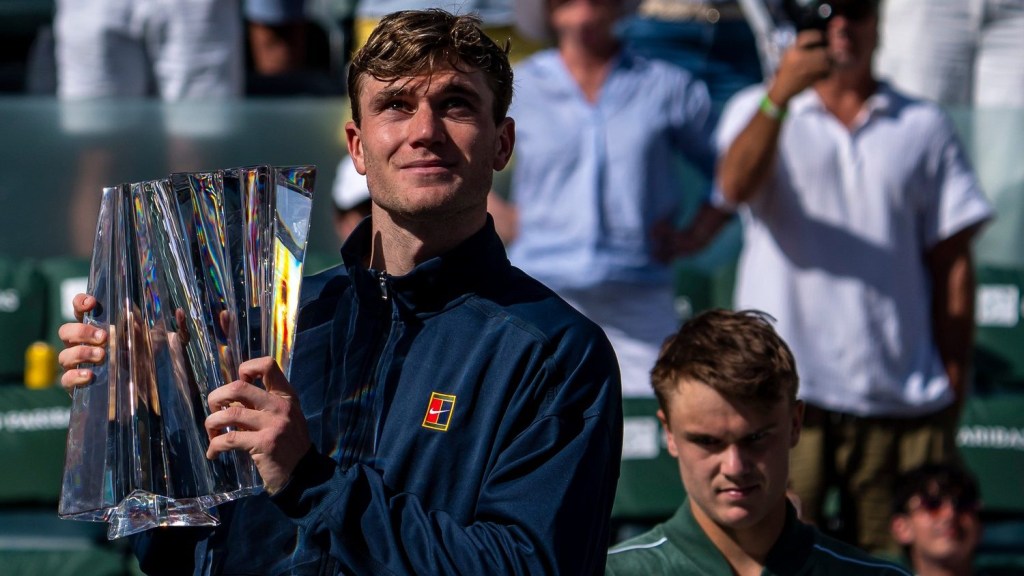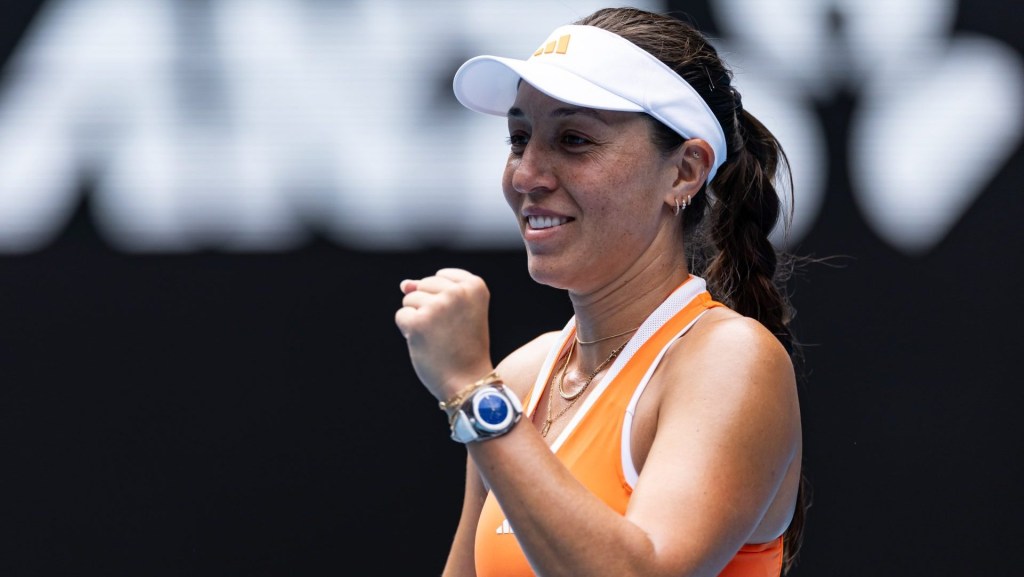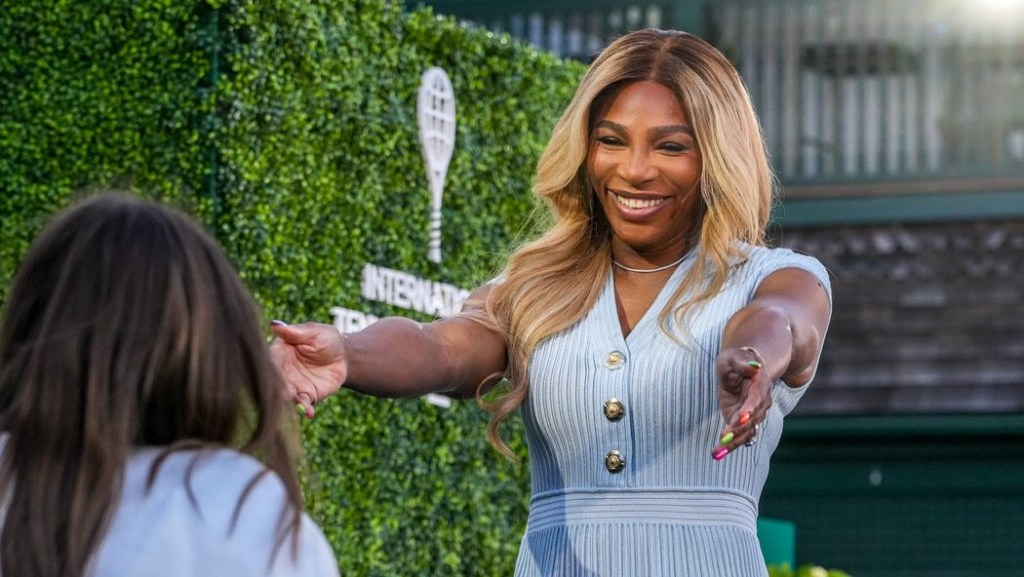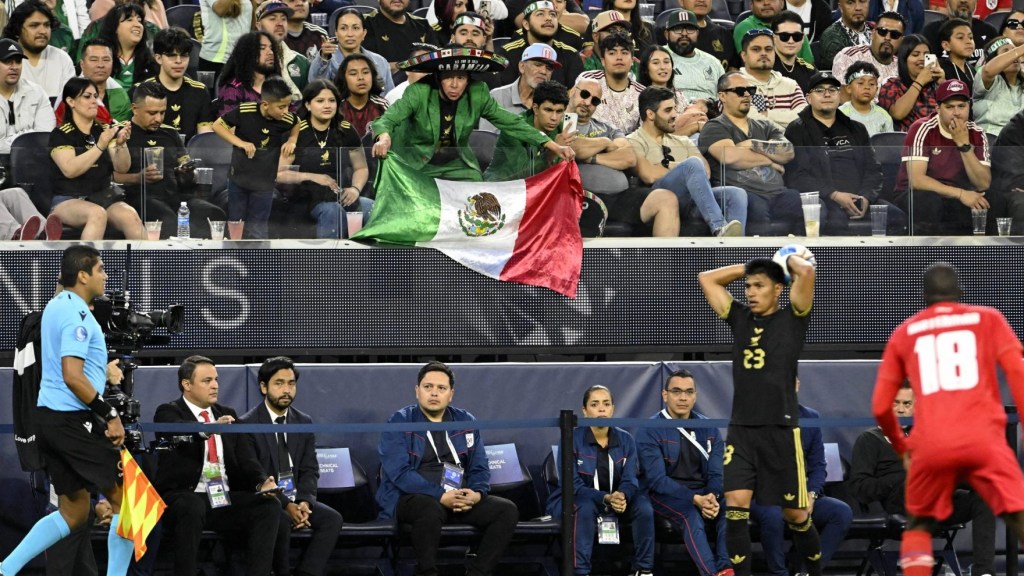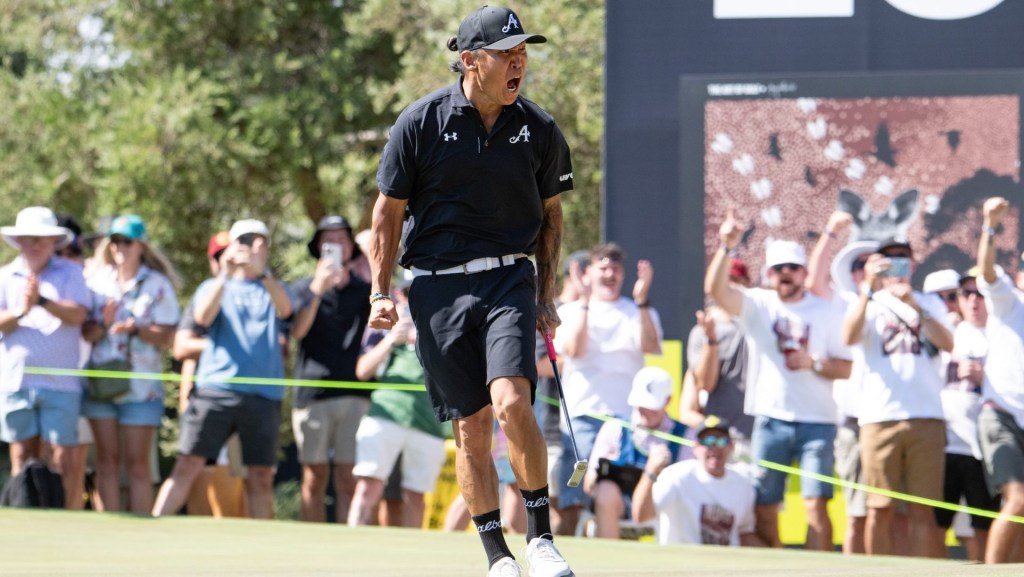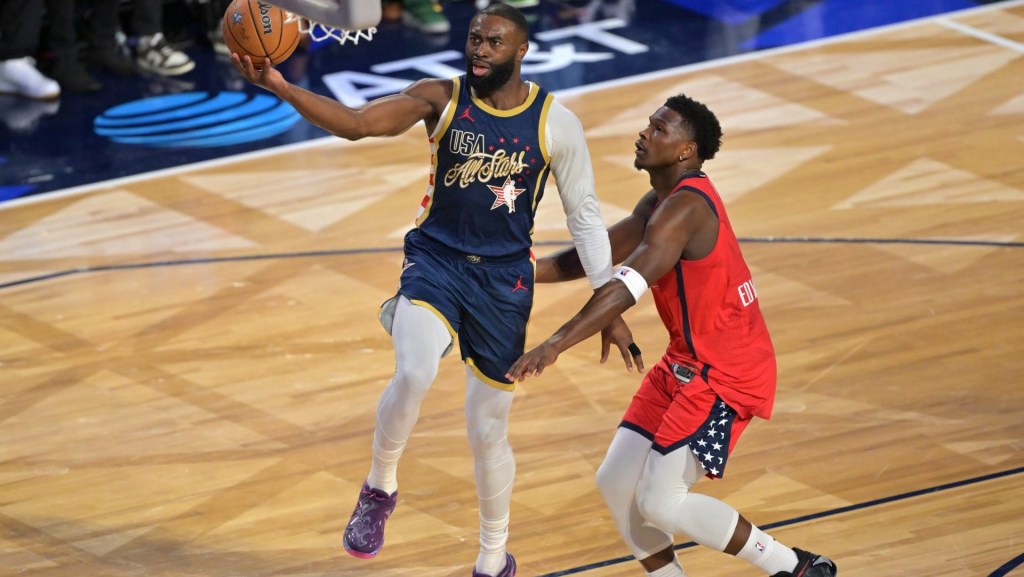Welcome to the name, image, and likeness era of Olympic sports—sort of.
World Athletics, the governing body for track and field, said Wednesday it will award $50,000 to each gold medalist at the upcoming Summer Games in Paris, part of a $2.4 million total prize pool covering 48 events. The prize money will then be extended to winners of silver and bronze medals at the 2028 Games in Los Angeles, dramatically reversing more than a century of history establishing most Olympic athletes as amateurs. This also makes World Athletics the first international federation to offer Olympics prize money.
“I think it is important we start somewhere and make sure some of the revenues generated by our athletes at the Olympic Games are directly returned to those who make the Games the global spectacle that it is,” said Sebastian Coe, World Athletics president and himself a former champion middle-distance runner.
That concept of returning some revenue to the athletes—after decades of deliberately not doing so—is precisely what is now at play in college sports, where the traditional definition of amateurism is rapidly changing.
Now, World Athletics’ move will likely put pressure on national governing bodies in other sports to respond in some fashion. Currently, the athlete funding landscape for Olympic athletes is something of a free-for-all, with individual national governing bodies and Olympic committees, other government entities, and corporate sponsors distributing funds based on their own discretion.
The U.S. Olympic and Paralympic Committee, for example, paid a $37,500 stipend to each gold medalist at the Tokyo Olympics in 2021, $22,500 for silver, and $15,000 for bronze in its Operation Gold program. But that was a country-specific decision, while the World Athletics one will be applied globally.
Even in some Olympic sports that have long featured professionals—such as basketball, ice hockey, golf, and tennis—athletes have often competed without any guarantee of compensation. But the Coe-led program now brings the Olympics a bit closer to many other parts of the sports industry.
“My view of the world has changed,” he said. “It’s really important that, where possible, we create a sport that is financially viable for our competitors. This is the beginning of that.”
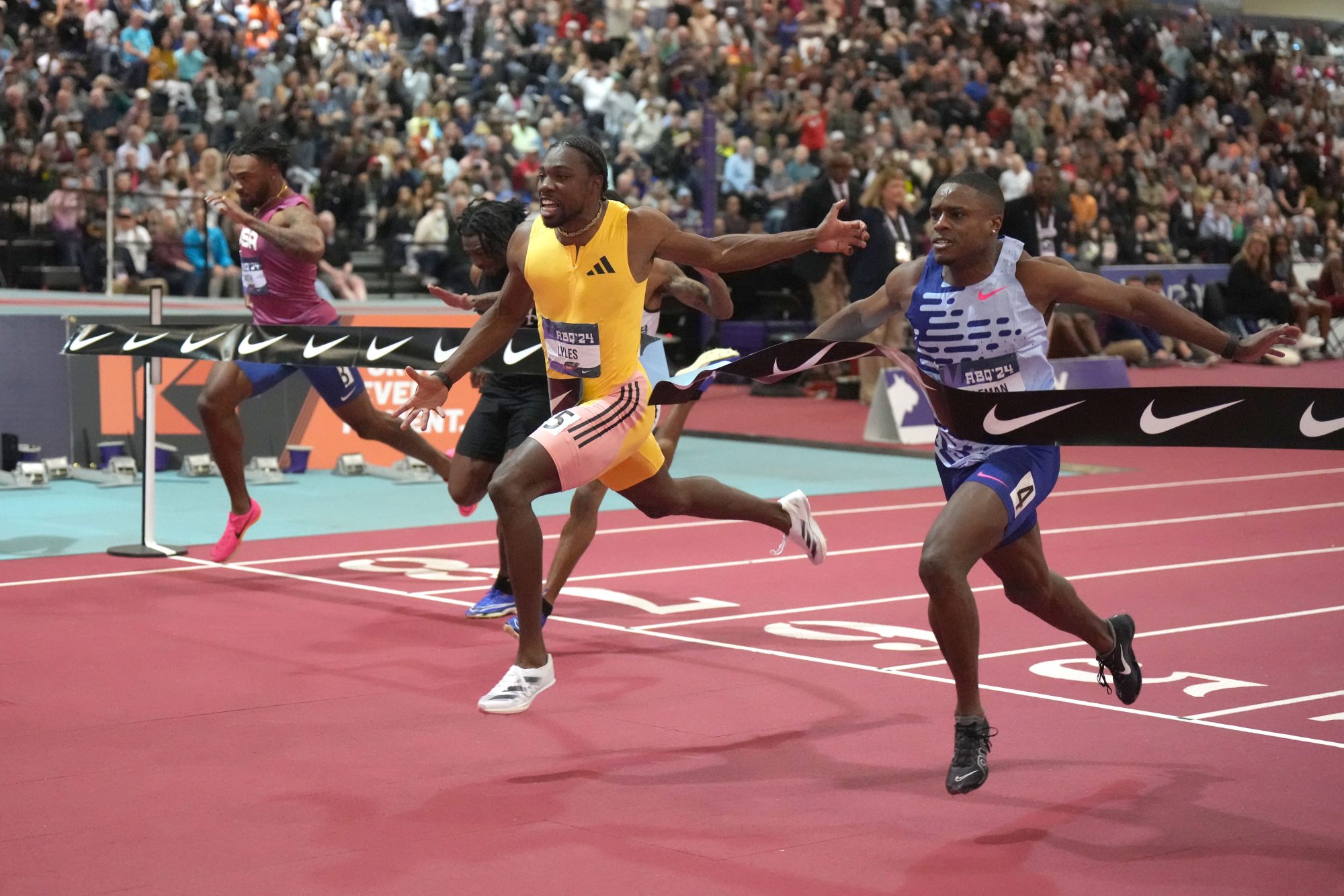


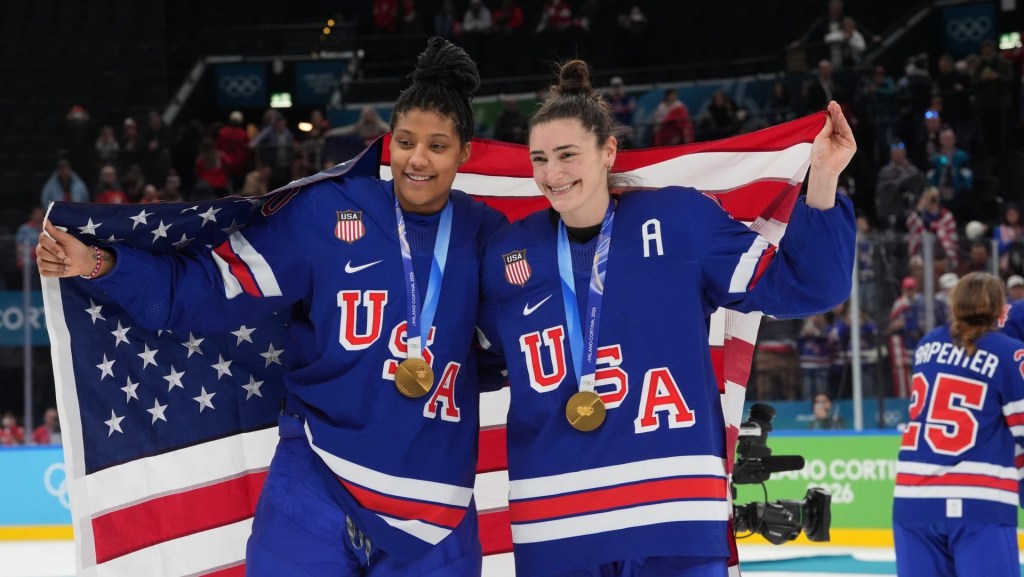
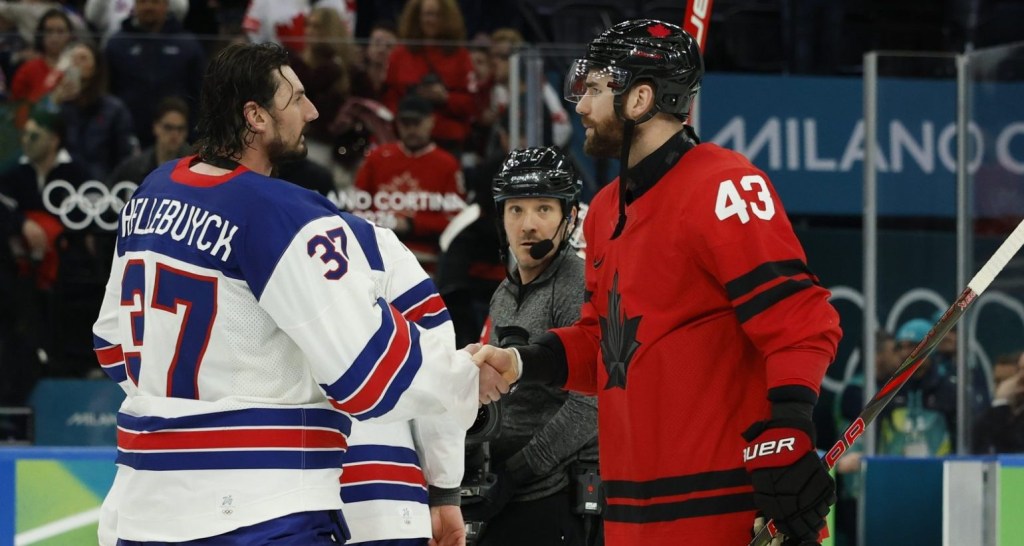

![[Subscription Customers Only] Jun 15, 2025; Seattle, Washington, USA; Botafogo owner John Textor inside the stadium before the match during a group stage match of the 2025 FIFA Club World Cup at Lumen Field.](https://frontofficesports.com/wp-content/uploads/2026/02/USATSI_26465842_168416386_lowres-scaled.jpg?quality=100&w=1024)
![[Subscription Customers Only] Jul 13, 2025; East Rutherford, New Jersey, USA; Chelsea FC midfielder Cole Palmer (10) celebrates winning the final of the 2025 FIFA Club World Cup at MetLife Stadium](https://frontofficesports.com/wp-content/uploads/2026/02/USATSI_26636703-scaled-e1770932227605.jpg?quality=100&w=1024)


